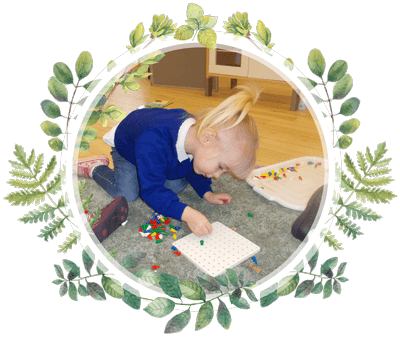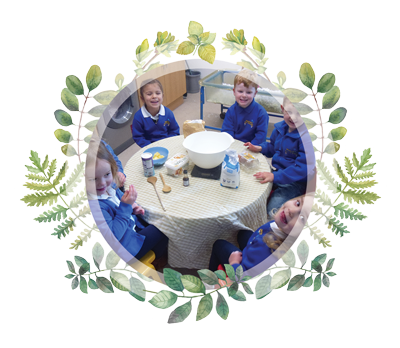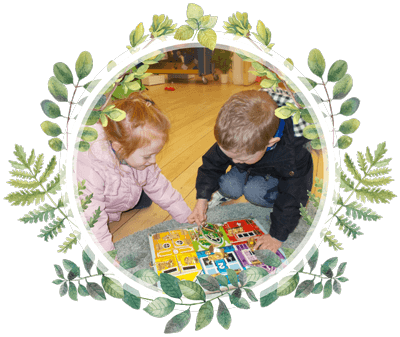
Peace of mind
We appreciate what a daunting process it can be when considering sending your child to preschool, especially if your child is still currently a baby. For some children, their first experience of being left with anyone other than a family member will be when they begin at the preschool. Therefore, we have procedures in place to support all families with this milestone.
Our educators are experienced and knowledgeable and we take a caring supportive approach to transiting children into the preschool, throughout their time with us and when moving onto another setting or big school!

Communication
Parents know their children better than anyone else and will have the biggest impact on their child’s educational outcome. Therefore, it is our aim to have open, friendly, supportive and professional communication with parents at all times. We use the following methods to communicate: email service, newsletters, facebook group, posters, handouts, phone conversations and making sure we have time to verbally have a chat!
The key people endeavour to talk to you at the beginning and end of your child’s sessions and parent/teacher meetings happen once a term. We have an open door policy where by parents can come and talk to any of the team, at any time, about any-thing. We fully understand the pressures of being a parent and we are always here, with a cup of tea if needed, for an informal chat or to offer support.


Helping children to thrive
- Clear routines and boundaries often support children to feel safe and understand what is acceptable and what is not. The educators use consistent approaches and receive training to ensure they can work as a united team. The preschool has a set of rules which children are taught and encouraged to follow. By setting clear foundations, children can begin to take responsibility for their own choices. For example, an expectation might be that the child needs to wear footware outside, however, they can choose to wear shoes or welly boots.
- Celebrating each child’s individual personality and not supressing their uniqueness.
- Space to grow and develop. Children need time and space to think about and engage with the world around them. Today’s pace of life is fast and full of pressures and expectations. We give children time to play, explore, investigate and make sense of the world they live in.
- Teaching children it is ok to make mistakes. In this highly target driven society, we try to help build resilience in children. We role model making mistakes and try to reduce children’s anxieties about getting things wrong. We engage children with learning and hope to build a love of learning and a feeling of pride and achievement. We will often show or talk to children about what they used to be able to do and what they are now achieving. This shows children they are learning and progressing all the time. We laugh about our mistakes and try to problem solve when something doesn’t go right.
- We get to know each child and support each child’s learning needs. This ensures we remain challenging children at all times. We aim to challenge children within their Zone of Proximal Development. Which means, challenging children slightly out of their comfort zone but not too much so that they will fail. Adult engagement with the children is crucial for this and we use Sustained Shared Thinking technics to support challenging children. Sustained Shared Thinking is where two or more children or children and adults engage in problem solving together, often with a more knowledgeable other leading the way. We will use the magic “I wonder” questions to ignite thinking. Such as “I wonder what is inside the acorn?……I wonder how we could see inside?”

